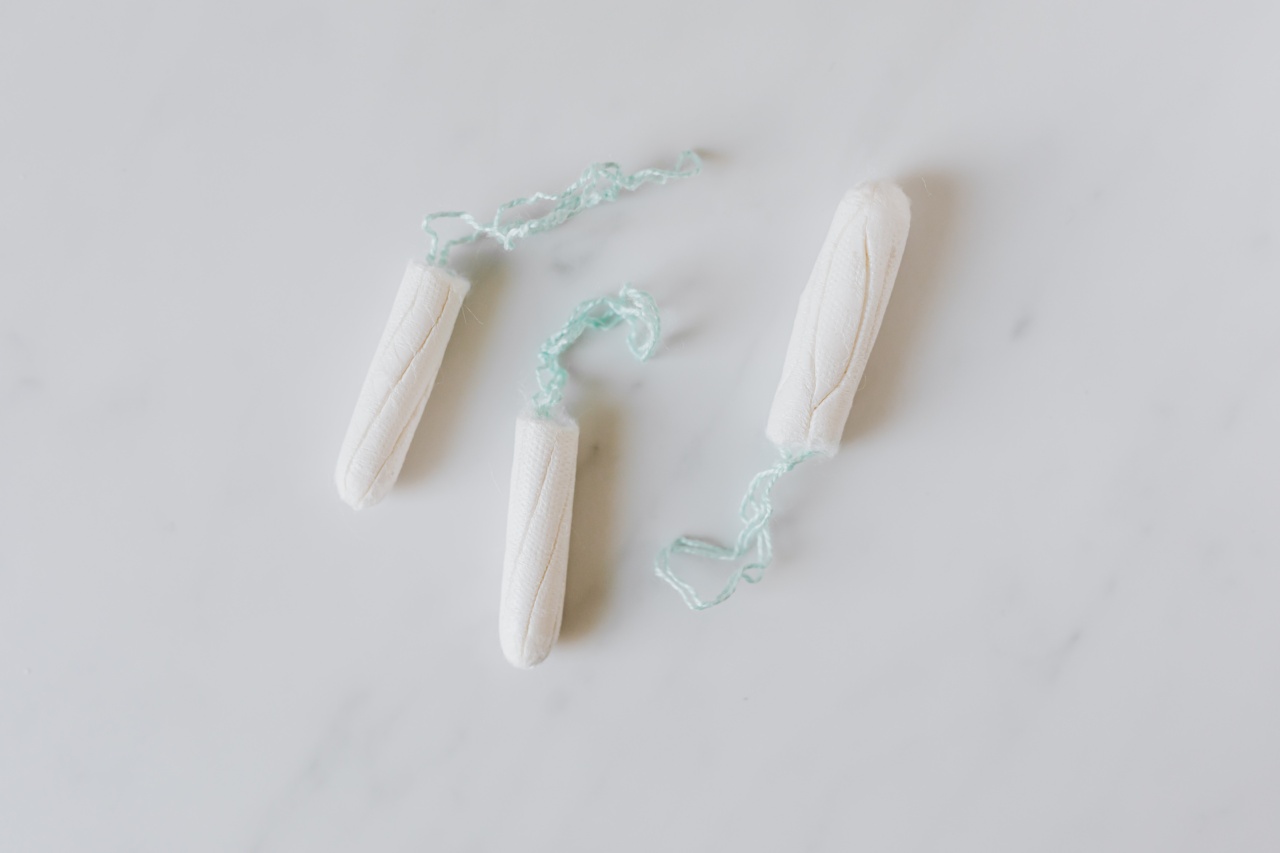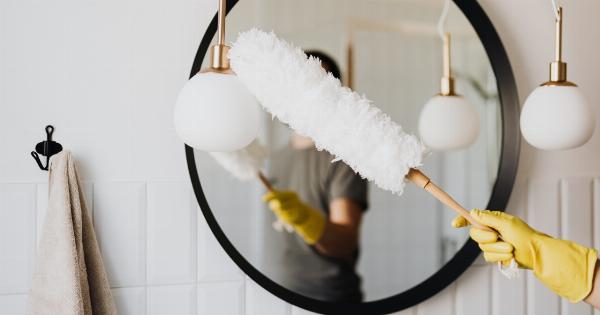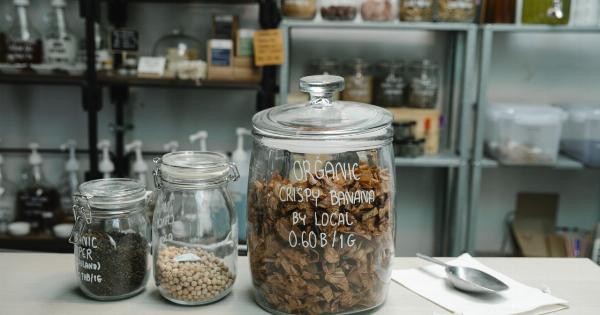Home cleaning is an essential task that most homeowners undertake on a regular basis. People clean their homes to create a healthy and comfortable environment.
While home cleaning is beneficial for maintaining a clean and organized home, it can also have negative effects on respiratory health if done improperly. In this article, we’ll explore the impact of home cleaning on respiratory health, the common cleaning products that contribute to poor indoor air quality, and the steps you can take to improve air quality in your home.
The Effects of Poor Indoor Air Quality on Respiratory Health
Poor indoor air quality can have adverse effects on your respiratory health. When we breathe in polluted air, harmful chemicals and particles enter our lungs and circulate throughout our body, leading to respiratory problems.
Polluted indoor air has been linked to the following respiratory conditions:.
- Asthma
- Allergies
- Chronic Obstructive Pulmonary Disorder (COPD)
- Chronic bronchitis
- Lung cancer
Common Cleaning Products and Chemicals that Contribute to Poor Indoor Air Quality
The household cleaning products you use can have a significant impact on your home’s indoor air quality. Some of the most common cleaning products that contribute to poor indoor air quality include:.
- Aerosol sprays
- Bleach
- Ammonia
- Detergents
- Furniture polish
- Air fresheners
These products contain volatile organic compounds (VOCs) that can lead to respiratory problems when inhaled. These chemicals can cause eye irritation, headaches, and dizziness.
Long-term exposure to VOCs can increase the risk of neurological damage and cancer.
The Importance of Proper Ventilation and Air Filtration
Proper ventilation and air filtration are essential for maintaining good indoor air quality. Proper ventilation involves opening windows and doors during cleaning to allow fresh air to circulate.
It’s also necessary to use exhaust fans to remove polluted air from the home. Installing an air filtration system is another effective way to improve indoor air quality. Air filters are designed to trap airborne particles and pollutants, including contaminants that are too small for the human eye to see.
HEPA filters are highly effective in trapping particles, allergens, and pet dander.
Safety Precautions to Take While Cleaning
Proper safety precautions should be taken during cleaning to prevent respiratory problems. Some of the most effective safety precautions to take include:.
- Avoid using bleach and ammonia-based products, which are known irritants
- Use safer, eco-friendly cleaning products or make your cleaning solutions at home using natural ingredients
- Wear protective gear like gloves and masks when cleaning to protect against harmful chemicals and dust particles
- Avoid smoking during cleaning as it can further pollute indoor air quality
Conclusion
Home cleaning is essential for maintaining a healthy and comfortable living environment. However, proper precautions should be taken to safeguard against respiratory problems.
The use of non-toxic cleaning products, proper ventilation, and air filtration systems are critical to improving indoor air quality. By taking these precautions, homeowners can maintain clean homes without risking their respiratory health.




























